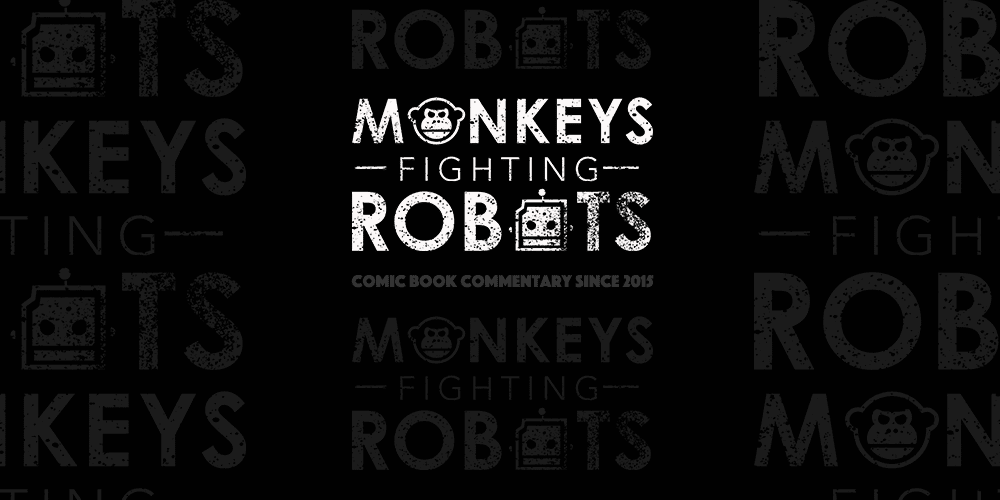Three Billboards Outside Ebbing, Missouri is picking up a surprising amount of steam early in this 2018 awards season. After winning the Golden Globe for Best Motion Picture – Drama, and last night snagging the Best Cast statue at the SAG Awards, it’s the clear favorite to win Best Picture. And the backlash towards Martin McDonagh’s film has been underway for weeks.
Three Billboards is a terrific film full of rich, layered work from Frances McDormand (all but a shoe-in for her second Best Actress Oscar), Supporting Actor lock Sam Rockwell, and Woody Harrelson in a role that would be celebrated were it not for the two strong performances from the aforementioned duo. It is also a bit problematic for some out there. The think pieces have been written about the film, and how Rockwell’s racist, abusive, dimwitted deputy is allowed a redemption story.
Great pop culture writers and thinkers online have spilled ink criticizing Three Billboards‘ handling of the Rockwell character, and the marginalization of Denise (Amanda Warren), McDormand’s friend and one of two African American characters in the film who is arrested and used as nothing more than leverage. They are out there and easy to find, but I don’t want to add links here just to follow up with a hard disagree. Yes, this movie is certainly frustrating for some critics and commentators who have apparently begun to equate the “woke credentials” of a movie with the quality of said film as if the two things are mutually exclusive.
But not every story in Hollywood must adhere to a checklist of socially progressive qualifications to be allowed to exist. Somewhere along the way, we have decided as a collective film community that only movies where everyone is represented and every villain gets the appropriate punishment are movies worth our time. But movies aren’t safe spaces; they have never been, and they never should be, mostly because the world they depict is dark and full of terrors.
If you don’t believe the world depicted in Ebbing, Missouri doesn’t exist in places like Missouri, you have a short memory and you need to pop the bubble you’re living in. Let’s say, for the sake of this argument, that Sam Rockwell does not get punished for being a horribly racist, and frighteningly violent fool with a badge. These things happen, all over the country, all the time. Not to mention the fact he is fired from his job, his face is horribly burned in a fire, he sacrifices his body in a brawl to try and catch the killer hanging over the film like a specter, and he is still not welcomed back to the Force in the end. He is punished, repeatedly, but no he doesn’t die.
What exactly should happen to Rockwell’s Dixon? Is death the only pound of flesh substantial enough to warrant a positive reaction to this story? That doesn’t seem to match up with Dixon’s sins. He is a despicable character, sure, but he is also punished and his life is completely upended to the point where driving across the country to kill an innocent man is the best option at his disposal. He is a changed man, but redeemed? Call me crazy, but Dixon seems to have been broken down completely, and is now trying to pick up the pieces. Maybe, for some, he shouldn’t be allowed to pick up the pieces, but that’s the way things go. It might be frustrating, but it’s true, and it should be recognized as both of these things if we are to save what little nook of discourse we have left.
And if we are only engaging with this movie based on its progressive themes, why not look at the other person in that car at the end of the movie?
Frances McDormand is the lead of a major Oscar film. She is 61-years old. Find a movie headlined by an actress in her 60s – one not named Meryl Streep. They don’t exist, because women are squeezed out of the industry when they get too old. Having McDormand star in what is probably going to be the 2017 Best Picture winner is a step in the right direction. But apparently it is not as important in the pecking order of wokeness as penance for wrongdoing.
Martin McDonagh’s film exists in a world of hyper-reality, where certain upsetting elements and regressive characters are heightened to shine a light on what still happens in this country too often. Attaching our 2018 social issues to it in order for the film to fit into our mold is to miss the entire point. Engage with movies on their level, in their stories, not yours, and you could find hard truths waiting for you. It’s impossible to objectively analyze a film, sure, but it is possible to consider the fact that movies like Three Billboards don’t exist in the world you want. They exist to shine a light on some avenue of societal construction, consciously or otherwise, and if that upsets you to the point where you can no longer consider a film on its own terms, that might be the real issue here.



